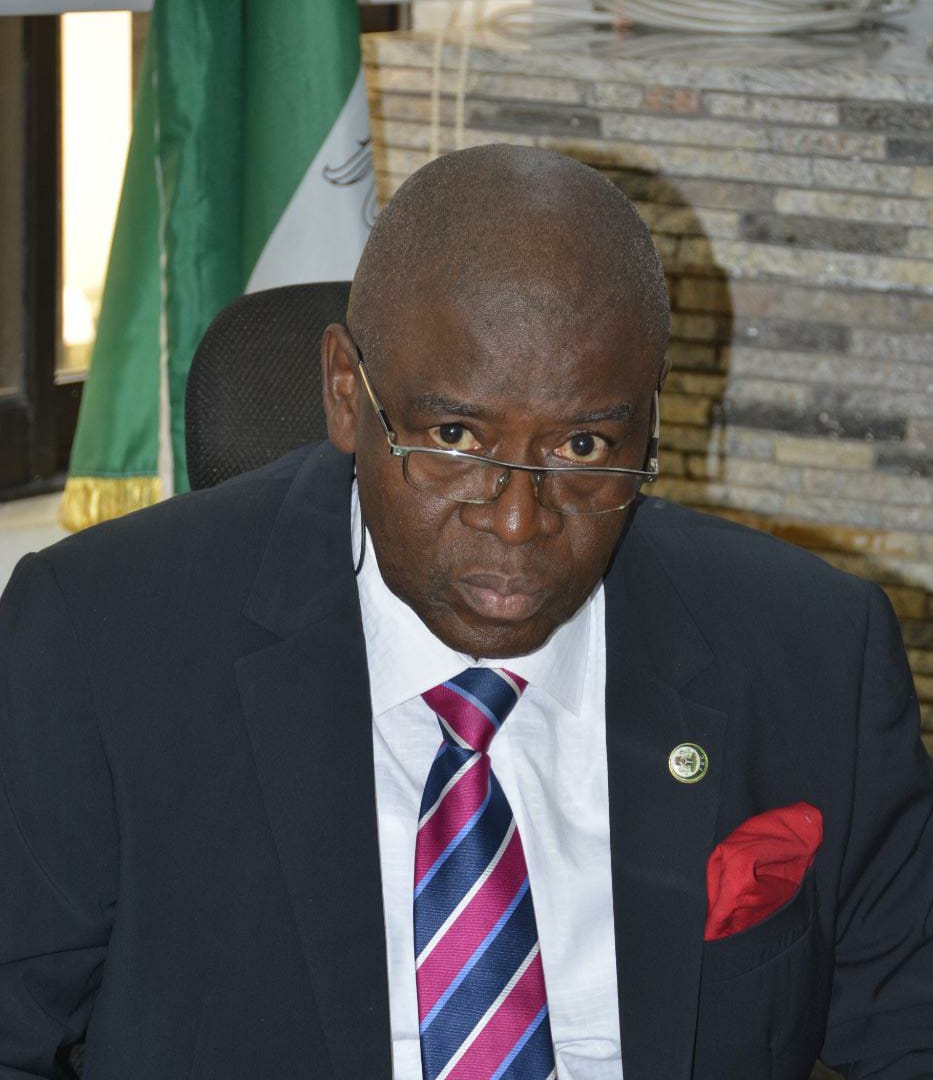Under the current revenue sharing arrangement in Nigeria’s fiscal architecture, the Federal Government gets 52.68 per cent of the revenue share, while States and Local Governments get a total of 47.32% – expressed as 26.72% and 20.60% respectively. In addition, the subnationals (States and the Local Governments) have powers to develop and harvest their respective IGRs (Internally Generated Revenues).
The fiscal arrangement further avails subnationals independence in their choices over the deployment of their revenues – as long as the choices are legal. The FG cannot intervene even where the choices happen to be patently suboptimal. Such suboptimal choices have been fingered in a fiscal development in 2015 in which 27 of the 36 states of Nigeria (i.e. 75% of States) could not pay salaries, and the Federal Government had to bail them out. Also, the transparency of fiscal operations of subnationals is terribly low, making little room for insight by outsiders, including the Federal Government.
While reports of poor fiscal hygiene at subnationals are rife, it is also public knowledge that the FG has been called upon again and again, or even arm-twisted, into giving more bailout. Regrettably, the moment such a bailout fund gets into the coffers of a State Government, the FG loses the power to dictate how judiciously the money must be used. The chiefest danger here is that the Federal Government appears hamstrung in limiting fiscal risks that emanate from maladministration of subnational entities.
Matters are made worse by banks and other financial institutions which appear to continually tide these State Governments over by lending to them without rigour, and underpricing their risks of default on the assumption that subnationals will always be bailed out by the Federal Government in the event of failure. Though the 1999 Constitution and the Fiscal Responsibility Act stipulate direct FG control over subnational borrowing, a lot remains to be done in practice.
The point needs to be made that by implicitly or explicitly standing guarantee for subnational fiscal risks, the FG inexorably pays a premium on its own borrowing. A correlation between the Federal Government’s unwitting absorption of subnational risks and the interest rate on foreign commercial loans to Nigeria will not be a surprise. The macroeconomy is one and the Federal Government of Nigeria (FGN) is its face. The global financial market is too sophisticated to act blind to the unbridled defacto transfer of risks from the Federating States to the FGN. The fact that the FG is breastfeeding fiscally opaque (and possibly, fiscally irresponsible) appendages to which expenditure inefficiency has become a culture cannot be lost to institutions from which the Federal Government expects support.
“International good practice teaches that for federations like Nigeria, where it is administratively challenging for the FG to enforce decent fiscal practices amongst subnationals, the best recourse is to develop strong intergovernmental coordination mechanisms. There is much to copy, in this regard, from the way and manner persons occupying the Office of the President of the Federal Republic of Nigeria have, over the past decades, ‘compelled’ State Governors to act politically correct towards the President: They have used access to the President; refund of expenditure on repairs of federal roads by the State; prospects of location of federal mega projects; appointments of obedient Governors’ nominees to juicy positions; discretionary disbursements from special funds controlled by the President and his men (Ecological Fund, Solid Mineral Fund, National Reserve Fund, Agricultural Development Fund); etc.
In addition, key political opponents of such State Governors are denied visible access to the corridors of the Presidency. Similar formulae could be successfully replicated for compelling the same State Governors to submit themselves to mechanisms of intergovernmental fiscal coordination – a good example being their acceptance and use of technical assistance towards upgrading the quality of Public Finance Management and monitoring in their States, in line with Sections 17, 20, 31, 40 and 54 of the Fiscal Responsibility Act, 2007. At a minimum, a State Governor that seeks the favor of the President should be seen to be up to date in fiscal reporting. The website of an independent, non-partisan agency like the Fiscal Responsibility Commission can easily serve the purpose of a display board.
A similar carrot tactics is at the heart of the $1.5 billion World Bank-sponsored State Fiscal Transparency, Accountability and Sustainability (SFTAS) Program introduced in 2018. Cheeringly, records indicate that the programme which offers windfall financial rewards to States for good fiscal practice has improved fiscal transparency and accountability amongst States. Incidentally, if not unfortunately, the SFTAS is just a programme and it will come to a close in December 2022. With the end of SFTAS’s financial inducement, its Sustainability element demands a change of strategy. Promoters of the Program need to take immediate steps to hold hands, in overlap mode, with statutory fiscal reform agencies (the Fiscal Responsibility Commission comes to mind), by getting citizens to own the reforms, towards sustaining the gains of the programme.
For a start, citizens and residents of States should be encouraged to request that benefits of fiscal federalism be matched with corresponding responsibilities at the levels of State Governments and Local Government Councils. Improved fiscal hygiene requires that the avowed rights of State Governments to independence of choice in matters of expenditure must be matched with the establishment of mechanisms for periodic review of annual or medium-term budget proposals, the long-term sustainability of public finances, and related risks. They must also subject themselves to ex-post assessment of fiscal performance against targets or objectives. Citizens should equally be encouraged and trained to provide analyses and recommendations on subnational fiscal policies which would inform public debate and decision making on budget proposals.
Leaving the States and Local Governments to their fiscal responsibility fate will have the national economy continue to contend with diseases engendered by obdurate subnationals fiscal germs.




